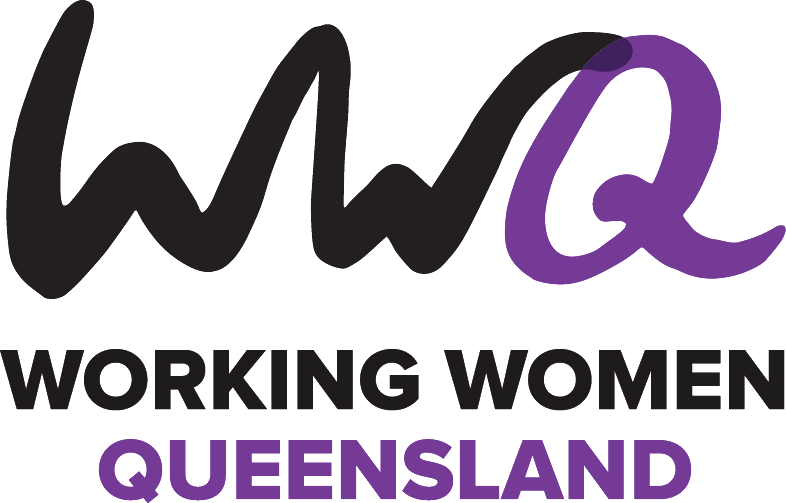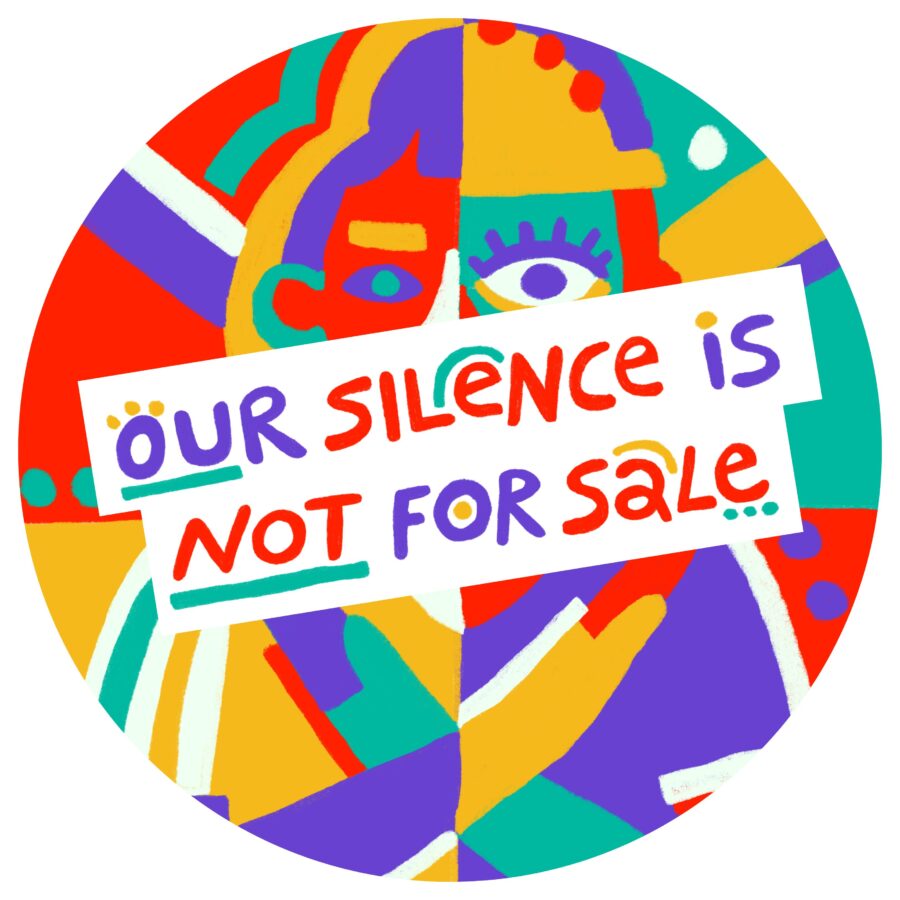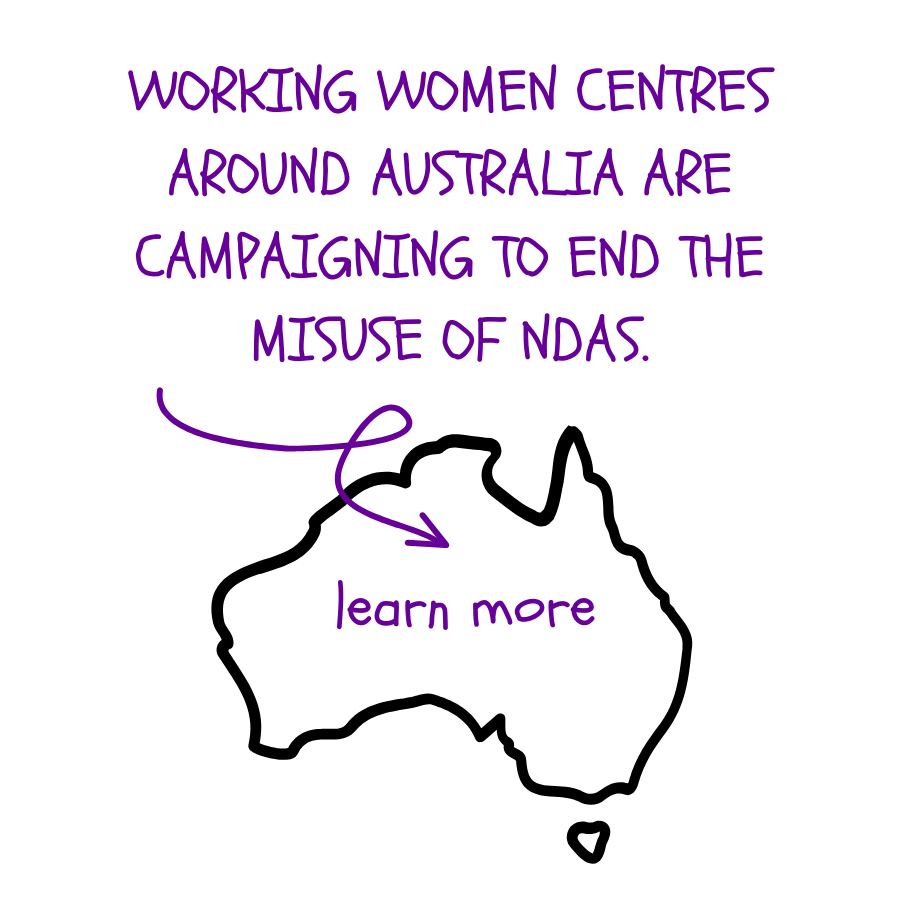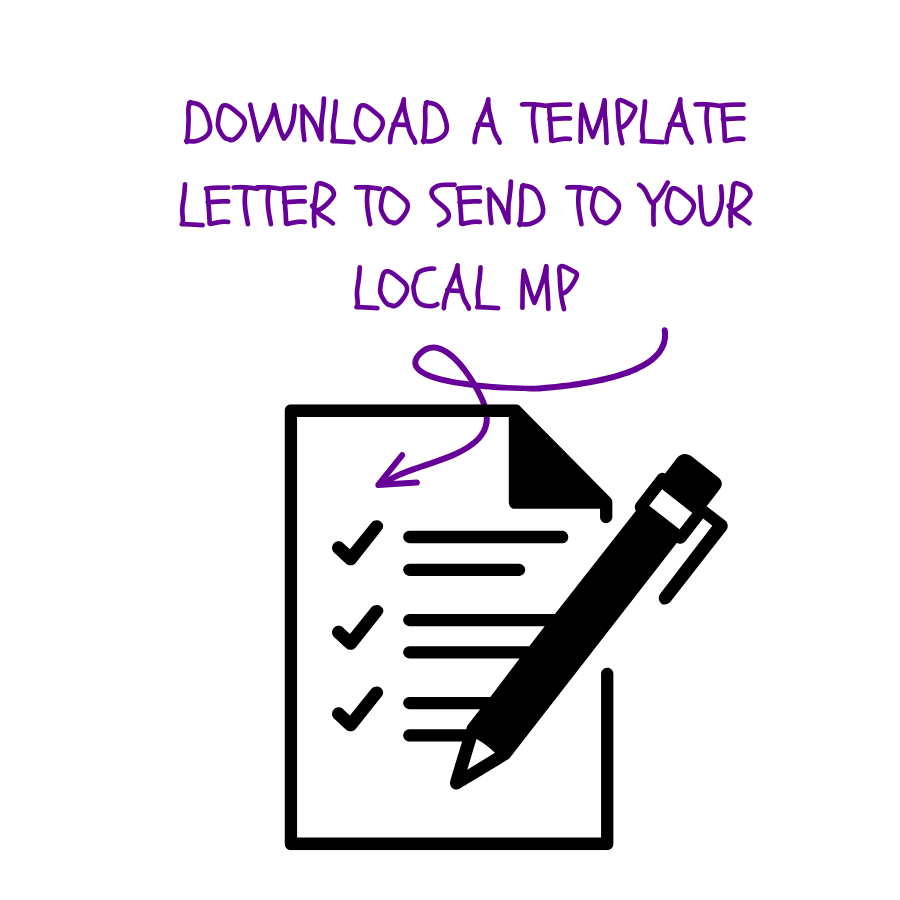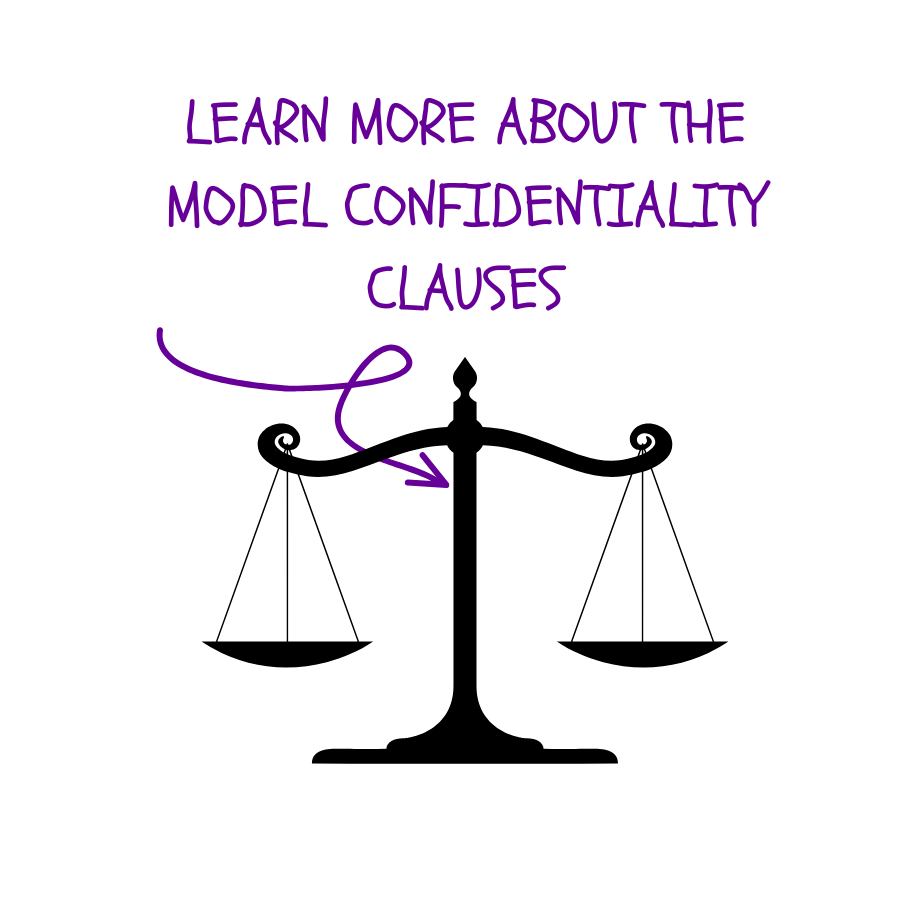We need urgent reform to end the misuse of NDA’s
A non-disclosure agreement (NDA) is a legal contract that establishes confidentiality in relation to a sexual harassment or other workplace discrimination issue. It requires the worker who suffered harassment to keep their experience completely confidential – that is, they are not allowed to talk about what happened to them.
NDA’s have become a tool to silence workers.
#SignWithCaution
Why are NDA’s harmful?
There are negative impacts for individuals:
- If a worker later changes their mind and wants to speak out, the other party may apply for court action to stop the worker, or take action against them for breach of contract, putting them at risk of paying damages and legal costs.
- Some agreements include clawback clauses, meaning if the worker speaks out, they have to pay back the settlement amount.
- Studies show many people who have signed an NDA experience negative impacts on their mental health related to the NDA and the inability to speak about their experiences.[1]
Emanuella’s story
We’re calling for an enquiry
Give victim-survivors the liberty to voice their experiences.
Learn More
NDA’s prevent systemic change
- Sexual harassment in the workplace is a cultural problem yet it is treated as an individual issue. Eliminating harmful cultures requires a collective response, but resolving an allegation of sexual harassment with an NDA is a decision made by only the parties to the deed.
- Although NDAs require all parties (employer, victim-survivor, and sometimes the perpetrator) to maintain confidentiality, the agreement is almost always requested by the employer, not the employee.
- Settlements rarely adequately address or remedy a victim survivor’s experience of sexual harassment, nor can the terms of such agreements ensure that the perpetrator will not sexually harass someone again.
- The inclusion of NDAs is considered “standard”, making it more difficult to advocate for no NDA, or a watered-down version.
- Non-disclosure agreements are a barrier to progress, given that employers and perpetrators regularly use NDAs to minimise reputational damage and accountability.
- In most cases, NDAs benefit employers and perpetrators, impact on victim/survivors’ health outcomes and prevent our ability to understand and benchmark how claims resolve.
We want law reform to:
- restrict NDAs to prevent misuse in workplace sexual harassment and discrimination settlements, unless requested by the victim-survivor
- require NDAs to only be enforceable if victim-survivors had sought independent legal advice from practitioners who have undergone specific trauma-informed training (like accredited CLCs and unions)
- ensure NDAs don’t adversely impact other people working under the same employer as the victim-survivor
- allow victim-survivors to waive their NDAs within a reasonable time period
- limit the duration of NDAs
- allow disclosures of workplace issue to victim survivors’ chosen support person, including lawyers, medical professionals, or their union representatives
- Establish mandatory reporting and compliance mechanisms on use of NDAs by employers to independent bodies (such as the Australian Human Rights Commission)
*Artwork of Nicky Minus from the Workers Art Collective
